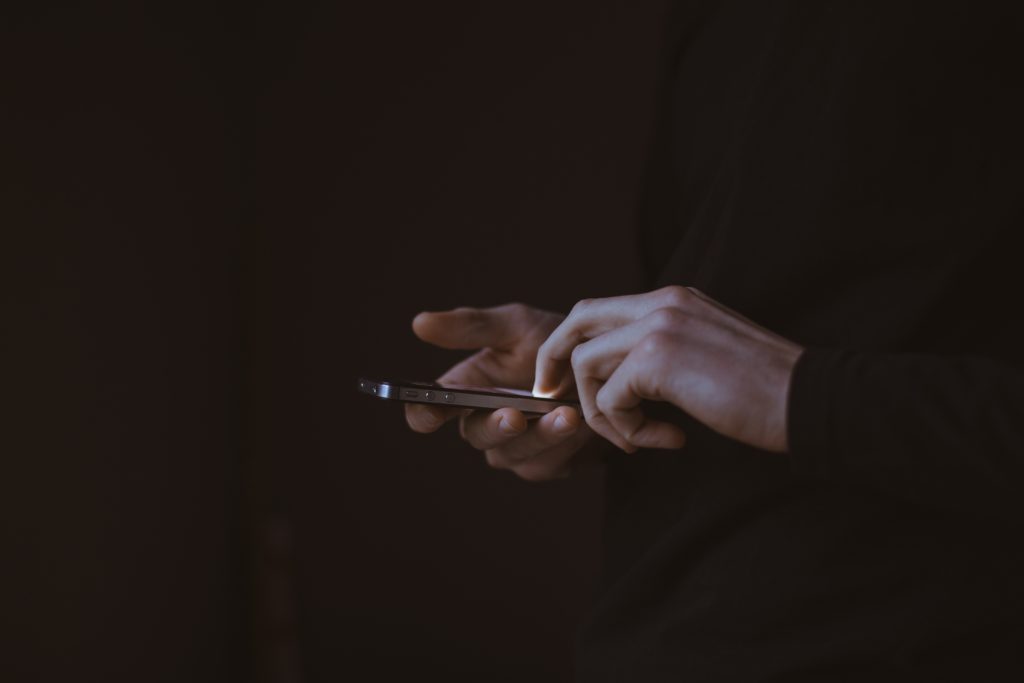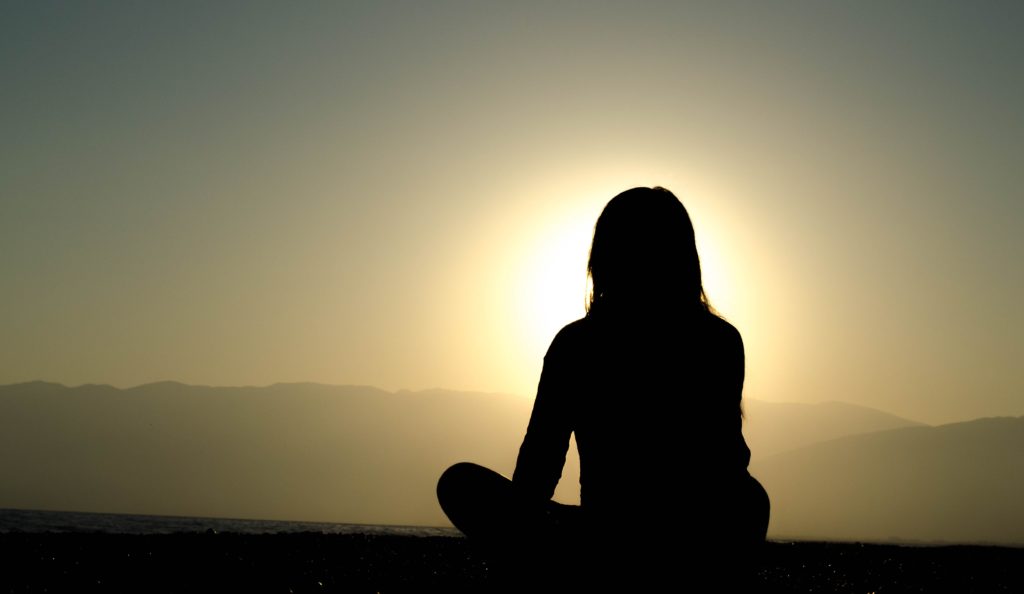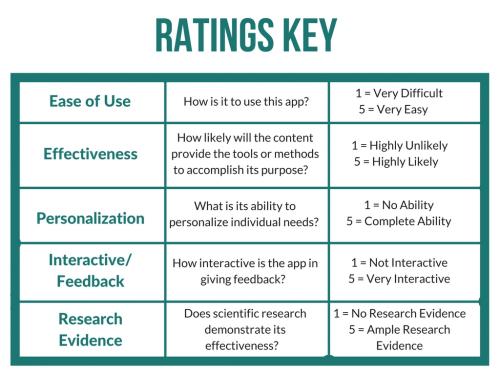
The 21st century has it all: hover-boards, virtual reality and apps. A 2019 report from Statista found that there are more than 6.3 million apps in both the Apple and Google App stores. This abundance of apps can be traced to two key factors as the author of “The Rise Of Mobile,” Marissa Delisle, writes: “1) Users loved the convenience of apps they could download and use on their phones; and 2) Users almost always carried their phones with them wherever they went.” And because of these factors, app developers have utilized this to create apps for anything and everything.
“Meditation is a habitual process of training your mind to focus and redirect your thoughts,” Matthew Thorpe, MD, Ph.D. writes. He says that this training of the mind can help 12 major health issues. Most importantly, just five minutes of meditation can help with reducing stress, anxiety and help promote self-love. Recently, there has been a rise in mediation apps geared towards anxiety, insomnia and mindfulness. This allows users who may have no idea how to meditate to do so within the comfort of their own homes.

Problems such as difficulty falling asleep and handling stress are major factors in the productivity of college students. A study done by the University of Georgia suggests that getting a full six hours of sleep or more per night promotes the brain to work at full function. Their study found that a healthy sleeping pattern even affects academic performance: students who were able to consistently get more than six hours of sleep showed a higher academic standing than those who did not. While one may try to get these allotted hours in, falling asleep itself can prove to be difficult, as the brain is racing around—an effect of stress and anxiety. The guided meditations on these apps are especially aimed toward helping calm down the brain while helping guide the body to sleep.
“If you have a hard time falling asleep at night, get ready to download solutions—no special pillows, pills, or blackout shades required,” longtime insomnia sufferer Helaina Hovitz wrote in her article “What Happened After I Tried 5 Different Sleep Apps to End the Insomnia I Had All My Life,” which details her journey of being a victim of insomnia from childhood to finding a good night’s sleep through meditation apps. Hovitz comes to the conclusion that these guided meditations for sleep helped her calm down before going to bed and even helped her address and handle anxiety and stress.

With this new access to anxiety and sleep help, the Anxiety and Depression Association of America (ADAA) released its review of popular mental health apps, saying “reviewers are mental health professionals with degrees in psychology, medicine, social work, and counseling; they are not involved in the development or marketing of mobile apps,” to ensure that these apps fit their rating scale.
Their top five free recommend apps are: Breathe2Relax, CPT Coach, MoodTools, PTSD Coach and Sanvello. All which can be found on Andriod and Apple app stores.
